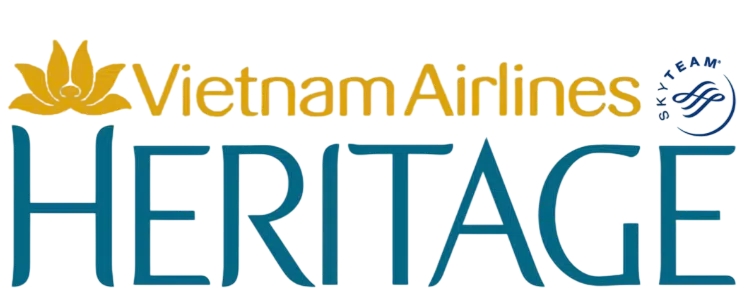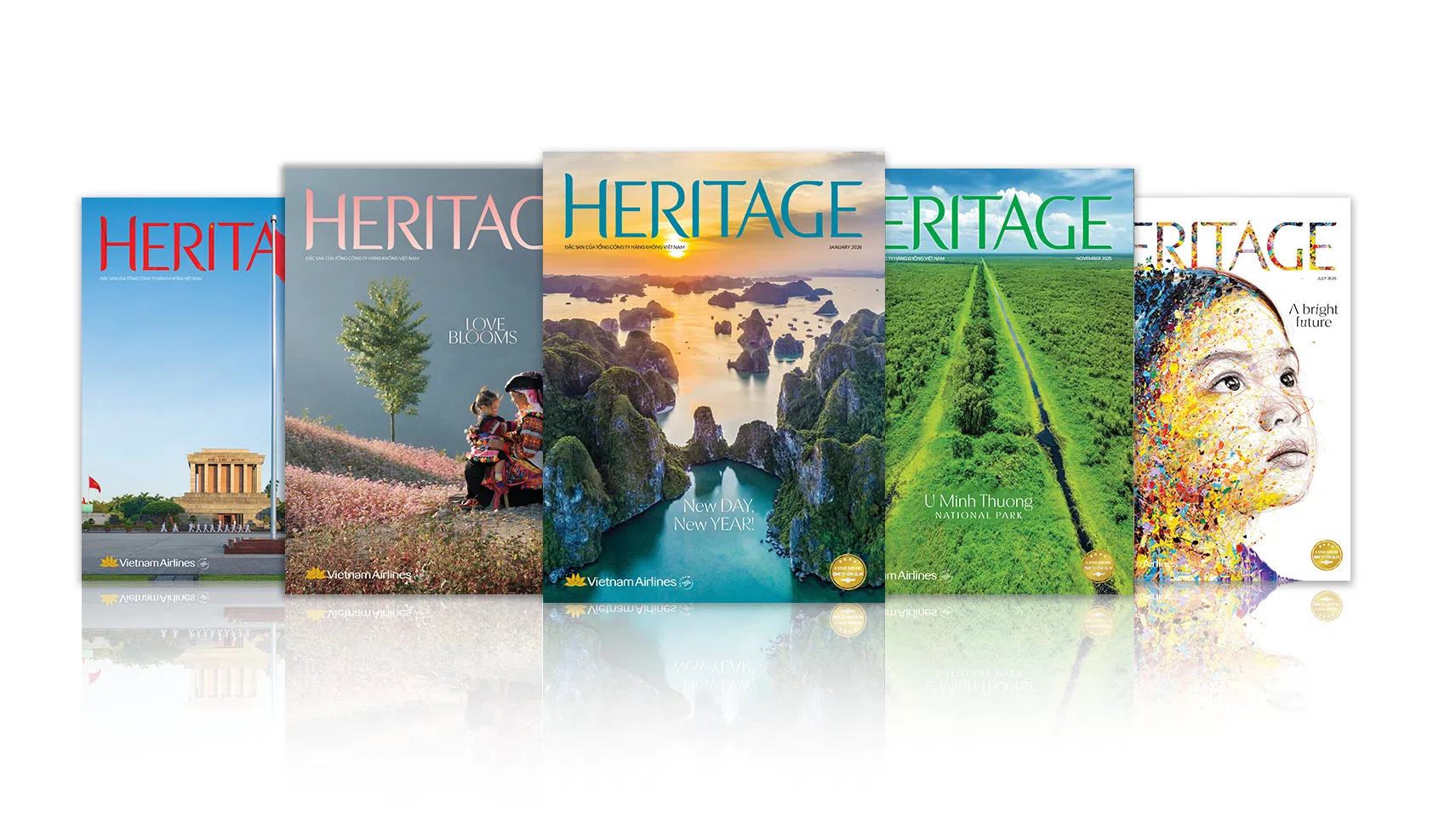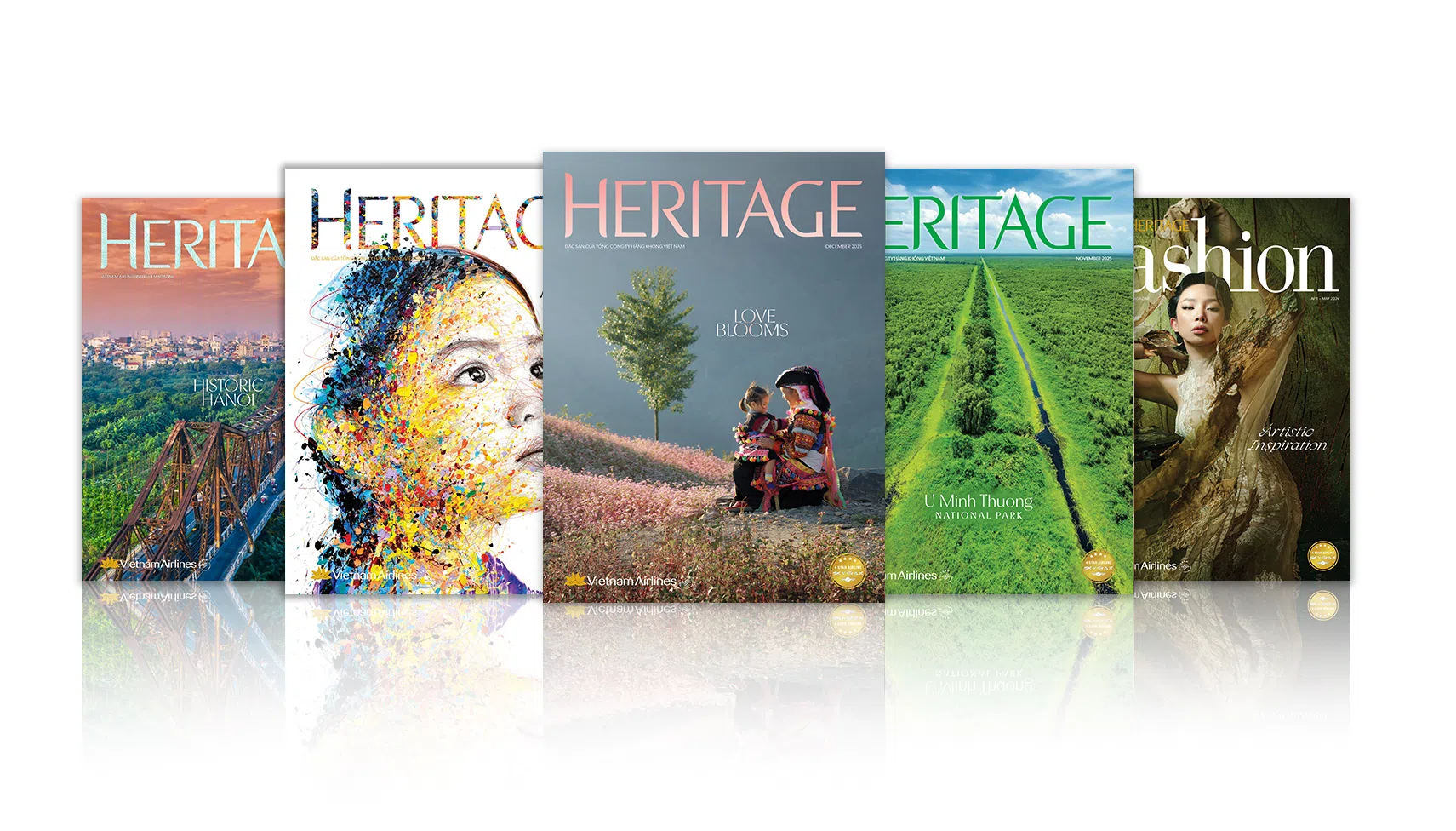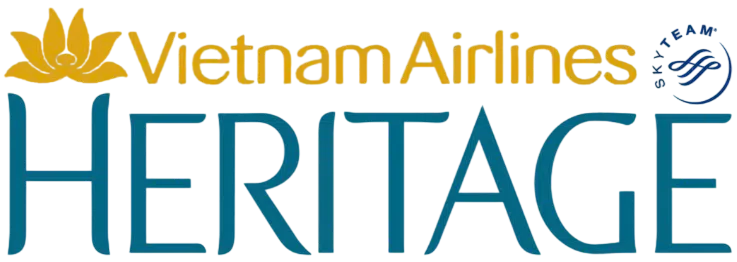Vietnamese female scientists play a significant role in shaping the landscape of the nation’s development. UNESCO representative Mr. Michael Croft engaged with the press to discuss the journey of promoting gender equality in science in Vietnam.

The L’Oréal – UNESCO For Women in Science collaboration is a great initiative to inspire more women in science across the world. Can you share more about the initiative?
With a diverse array of global challenges such as climate change, biodiversity loss, disruptive technologies and aging populations, to name only a few, societies can ill afford to waste intellectual and creative talent, yet we still see far too few women in the sciences. According to UNESCO Institute for Statistics (UIS) data, today only 30% of the world’s researchers are women, a proportion which is nearly halved at senior levels. With such disappointing statistics, it is not difficult to understand why UNESCO seeks partnerships such as the one with the L’Oréal Foundation: to highlight the important contribution of women in science and to provide outstanding talent with the means to continue their commitment to science with energy and passion, reflecting the Organization’s commitment to promote sciences and contribute to the advancement of gender equality as a global priority. At the center of this partnership is the International L’Oréal – UNESCO Women in Science Awards. Launching in 1998, the awards honor five eminent women scientists from five regions of the world each year for their important contributions to the progress of science in the fields of computer, physical or life sciences as well as mathematics.
With this common objective uniting us, both Organizations work to promote gender equality and empower women in science through the For Women in Science International Awards, and International Young Talents Programme, putting female scientists in the spotlight to help break barriers for women in science. Indeed, we are very proud that the L’Oréal-UNESCO International Awards have recognized 127 Laureates from 42 nationalities for their excellent research and positive impact on the advancement of scientific knowledge, including five who received the Nobel Prize. Just as importantly, the Programme has also supported over 4,000 young women researchers, entrepreneurs and inventors, at least half of whom are from developing countries, to successfully launch their scientific careers.
Yet as we take stock of the Partnership after 25 years, while the number of female scientists has increased, it is still far less than ideal. Much remains to be done to promote gender equality and empower women in science, especially in the current context, with many significant challenges that require science-based solutions. It is a mandate that can only be taken on when we have the full range of talent and creativity applied.
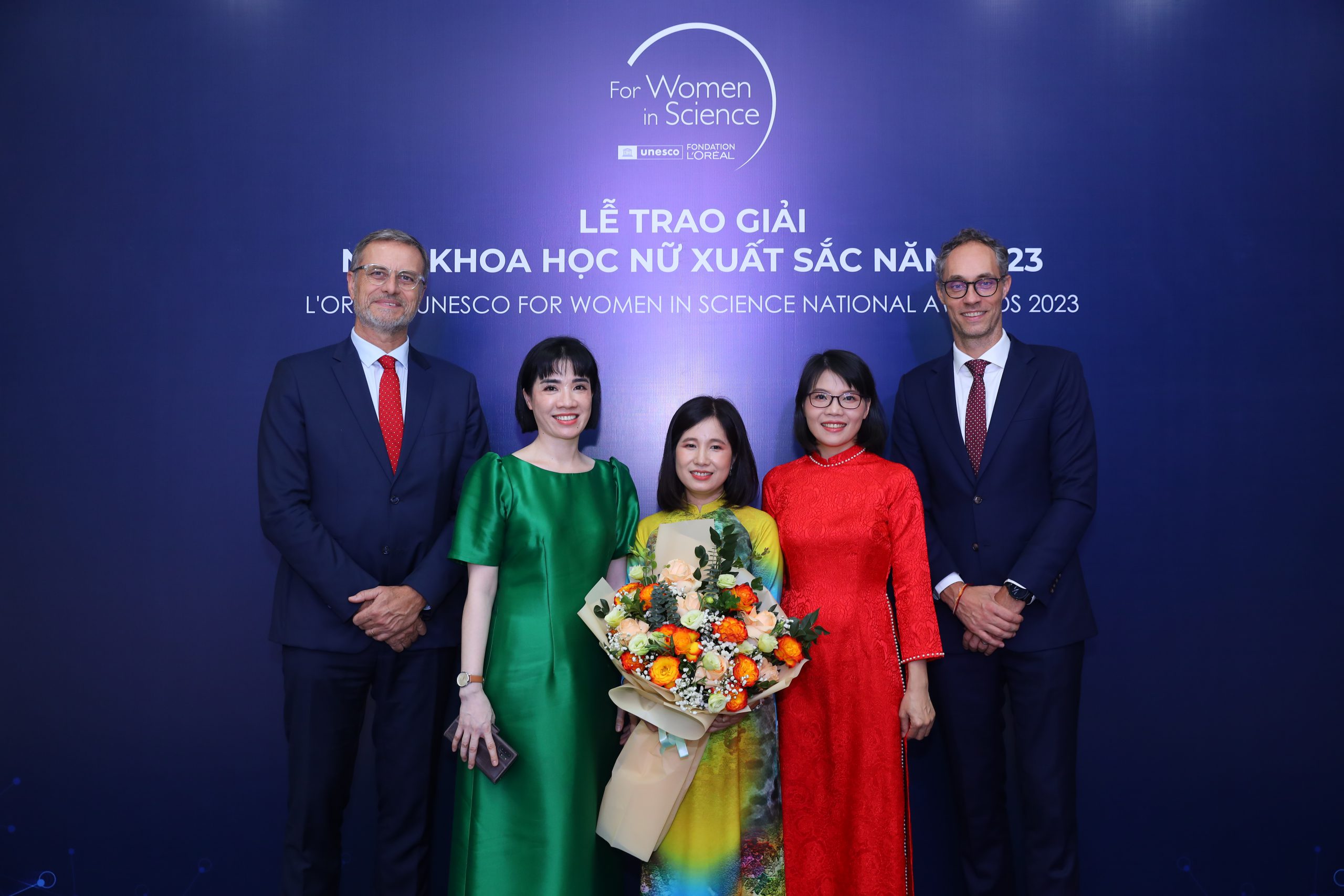
What are your thoughts about the science research progress of women in Vietnam?
As one of the fastest growing economies in Asia, Vietnam is realizing many development objectives but equally understanding that they come with a host of new challenges. More than ever, the vital importance of science, technology and innovation to advance environmental sustainability and foster sustainable social and economic development must be prioritized. And in this, the role of Vietnamese women scientists will likely make the difference. While trends are encouraging, specifically in the number of female scientists in science research (who now account for 42% of researchers nationwide), women pursuing scientific education and careers still have to overcome negative stereotypes, limiting social norms and onerous family responsibilities, all of which work against their endeavors.
How will UNESCO Vietnam encourage more women to enter scientific fields?
Our Country Strategy in Vietnam maintains a clear focus on gender equality and the empowerment of women in general and in science particularly, including support for the development of inclusive scientific policies; education for girls that incorporates focusing on Science, Technology, Engineering and Mathematics (STEM), the promotion of scientific careers through the incubation of young talent; and awareness raising on the vital role and contribution of women in science to inform and inspire future generations. To do this, we look for partnerships with like-minded institutions at both global and national levels. There are few examples that speak more to what is possible than the collaboration with the L’Oréal Foundation, which supports young female professionals in Vietnam to advance scientific knowledge so they might contribute not just to the country’s sustainable development, but to that of the world. Indeed, with the potential Vietnamese women represent and the talent they possess, I strongly believe we can expect greater recognition for their efforts in the near future, through the UNESCO – L’Oréal For Women Partnership and beyond.

